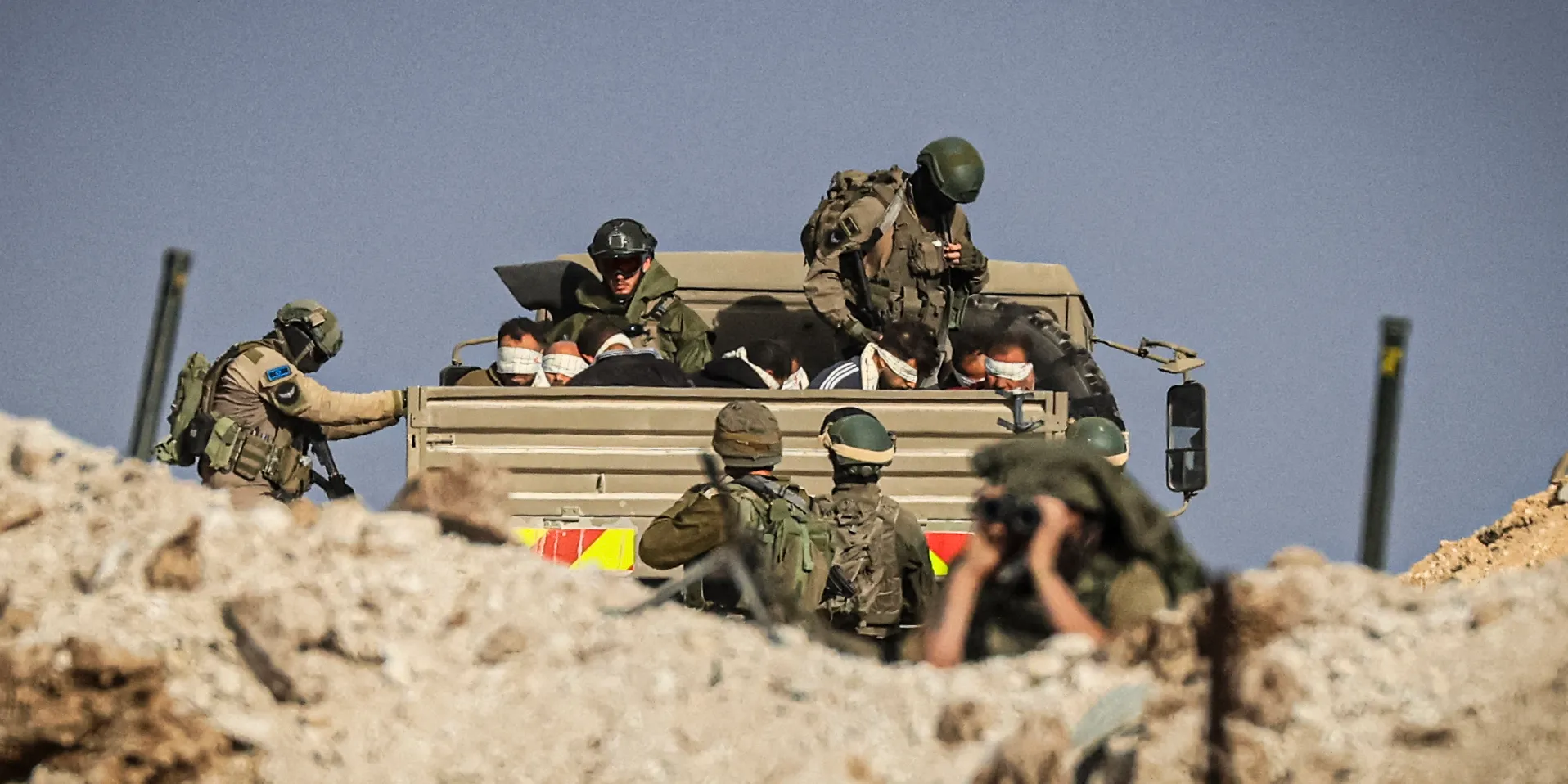History is familiar with taking the ordinary and making it sensational for entertainment. What do you have when you take two groups with a bitter, decades-long conflict and throw them into competition? Welcome to Survivor: Middle East Edition, starring Israel and Hamas. It is a staggering, bizarre concept, but in this day and age, taking politics and infusing them with pop culture is not surprising anymore-it’s a ratings goldmine. This Survivor version has nothing to do with tropical islands; instead, it is an informal desert stand-off between two competing factions continuously fighting each other on and off the battlefield.
Setting the Stage
Survivor is very straightforward: throw people into a desert or isolated environment, strip them of comfort, and let them fight for survival and supremacy. Imagine this setting against the backdrop of the Gaza Strip, already stripped bare due to years of fighting, blockades, and sanctions. Scarcity may abound on the Survivor island, but the real scarcity in the Middle East peace makes the setting more than just a game.
Israel settler teams and Hamas officials need to work in tandem to survive tests of immunity such as “who can survive the longest on a blockaded diet” or “diplomatic negotiations: peace or pie?”
The Surprise: No Immunity from Reality
So, what makes Survivor thrilling is the illusion of danger, and contestants might feel fear because they know that a camera crew could burst out somewhere in the distance to intervene when things get a little out of hand. But not in Survivor: Middle East Edition. While contestants wrestle for some short-term wins, both sides know that this is more than just a show—their lives have been entangled in a grim conflict for decades.
Each tribal council does not just vote someone out of the game; they could be symbolically voting to “eliminate” whole ideologies. As each episode unfolds, viewers sit through an endless loop of failed negotiations, ceasefires, and treaties that come crashing down under the weight of deep-seated grievances. That’s just the name of the game—after all, talk about a cliffhanger!
Team Challenges: Who Can Build the Best Wall?
In this version of Survivor, team challenges take on a satirical twist. Israel builds a wall as a literal challenge, and Hamas tests it for breaches. It’s like the Great Wall of China, except rather than keeping out invaders, it keeps the entire peace process locked out.
Other tactics could be to attempt to draw the most foreign aid without offending the donors or to hold a strategy session to discuss ways to shuttle contraband through tunnels that evade detection. You may even have storylines underwritten by gun or munitions manufacturers trying to show off their latest military gadgets in the commercials.
The End: No One Wins End
In Survivor style, alliances are formed and then broken. Except no one emerges a winner of this fight. And so it is the case of Survivor: Middle East Edition, where by the end of the game, both sides retreat to their respective corner, spent not just on the physical level but with the weight of a struggle that has haunted both sides for generations. The prize isn’t a million dollars. It’s survival in a region where peace tragically remains an aspiration.
In short, this Survivor concept is, of course, an insane notion—and for good reason: Nothing could be more crass and cynically vapid than trivialising the very human cost of war to entertain; perhaps that is precisely the aim of this satire: to make us reflect upon the real-life cost of never-ending war, as the world looks on at its shoulders while still squinting to see it as just another TV show.















